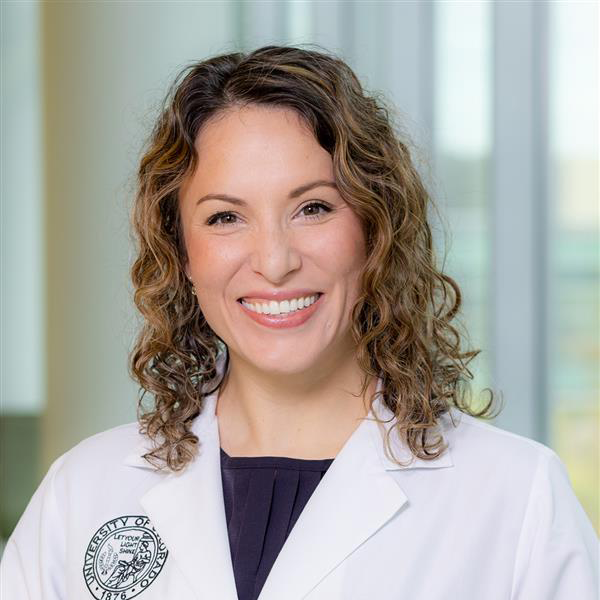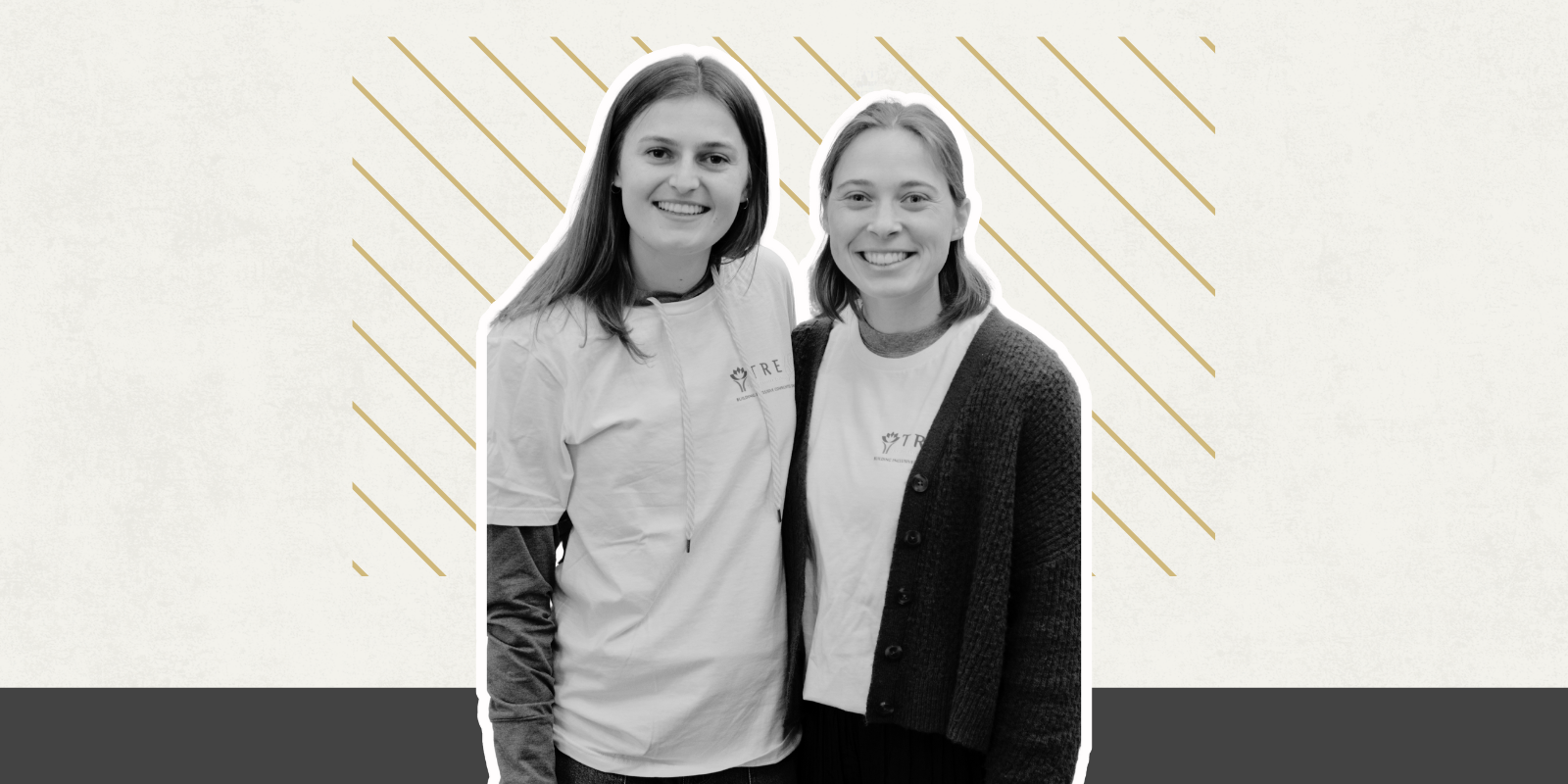Speakers at the CU Climate & Health Program’s symposium called for stronger local partnerships to address adverse health impacts.
The 2nd symposium of the Colorado Consortium on Climate Change and Health brought together specialists from the Anschutz Medical Campus, visiting experts from other universities, and leaders from community organizations to discuss how to find ways to handle health concerns caused by climate change.
The common theme: Working together is better.
Sharing knowledge and experience
Academics, public health agencies, and community representatives must create opportunities that allow interactions that are timely, productive, and local. To build trust, face-to-face meetings make a difference, said Kacey Ernst, PhD, MPH, chair and professor of epidemiology and biostatistics at the University of Arizona Mel & Enid Zuckerman College of Public Health.
“Being present can make a big difference,” Ernst told the gathering of about 50 people in the Nighthorse Campbell Native Health Building on the Anschutz Medical Campus.
In her keynote address, Ernst explained that providing timely information that is as close to home as possible is a key factor when creating plans that engage community partners. She noted that residents are more likely to heed alerts that are local rather than statewide, so it’s important to design detection systems with that in mind.
The daylong symposium offered several speakers, a poster presentation, a meet-up with community groups, and mentoring sessions.
In her talk, Caitlin Rublee, MD, MPH, assistant professor of emergency medicine at the CU School of Medicine, gave an overview of the United Nations Climate Change Conference that was held in Dubai Nov. 30-Dec. 12, 2023. The conference, also known COP 28, included its first-ever health day on Dec. 3, 2023, she said.
The opportunity to meet with leaders from around the world offers an opportunity to share knowledge and experience that can be applied in local communities. Rublee highlighted that Australia launched its first Health & Climate Strategy, which could offer insights that could be useful in other countries. Rublee also mentioned meeting a high-level official from Guatemala, who said she had been attending COPs for decades and could serve as a role model for her determination to push for change.
A unified approach
Benjamin Zaitchik, PhD, professor of earth and planetary sciences at Johns Hopkins University, outlined the work of the Baltimore Social-Environmental Collaborative, an effort funded by the U.S. Department of Energy. The collaborative brings climate scientists into partnership with the citizens of Baltimore to identify community priorities guiding the scientific questions and the work that results from those studies.
Zaitchik’s partners in the work are church leaders, community organizers, city officials, and his fellow scientists and trainees. They are studying urban heat, flooding, air pollution, and decarbonization.
Even as the scientists gather data, the groups in the collaborative face challenges in putting the data to work. He outlined three challenges: systems v. relationships; scope v. flexibility; and research v. implementation. As an example, he said the personal contacts from relationships are valuable, but it’s also important to make sure that systems are in place so that all other partners are treated fairly.
Managing how the knowledge flows is an important responsibility in supporting the overall goals of the program, because ultimately common problems require a unified approach.
Zaitchik mentioned a saying: “If you want to go fast, go alone. If you want to go far, go together.” He said the problems we face are more urgent and require a comprehensive view.
“We need to go far fast together now,” he said.




